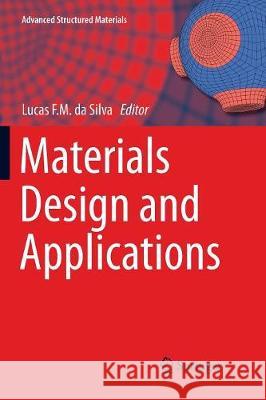Materials Design and Applications » książka
topmenu
Materials Design and Applications
ISBN-13: 9783319844916 / Angielski / Miękka / 2018 / 431 str.
Kategorie:
Kategorie BISAC:
Wydawca:
Springer
Seria wydawnicza:
Język:
Angielski
ISBN-13:
9783319844916
Rok wydania:
2018
Wydanie:
Softcover Repri
Ilość stron:
431
Waga:
0.61 kg
Wymiary:
23.39 x 15.6 x 2.29
Oprawa:
Miękka
Wolumenów:
01
Dodatkowe informacje:
Wydanie ilustrowane











